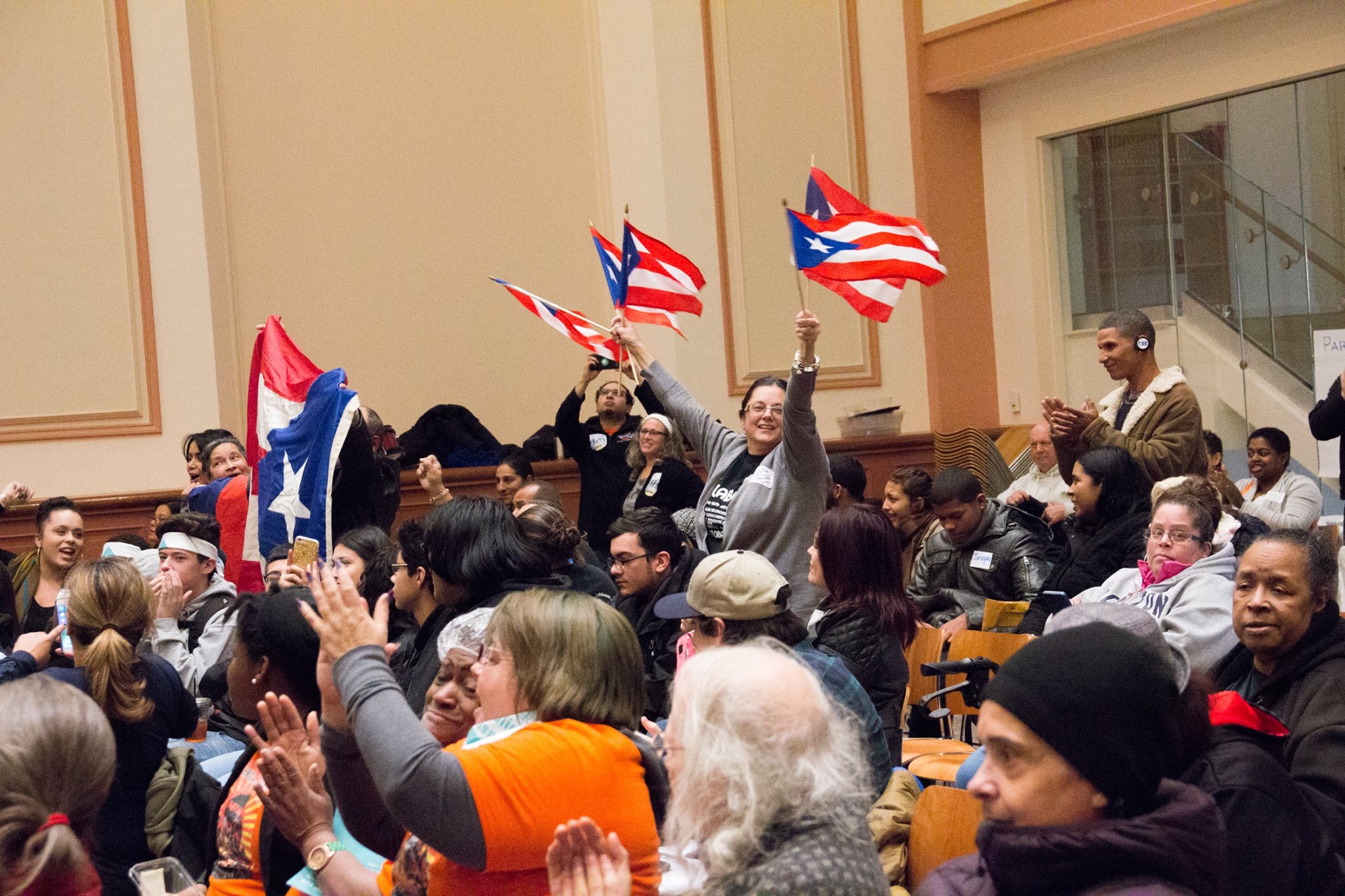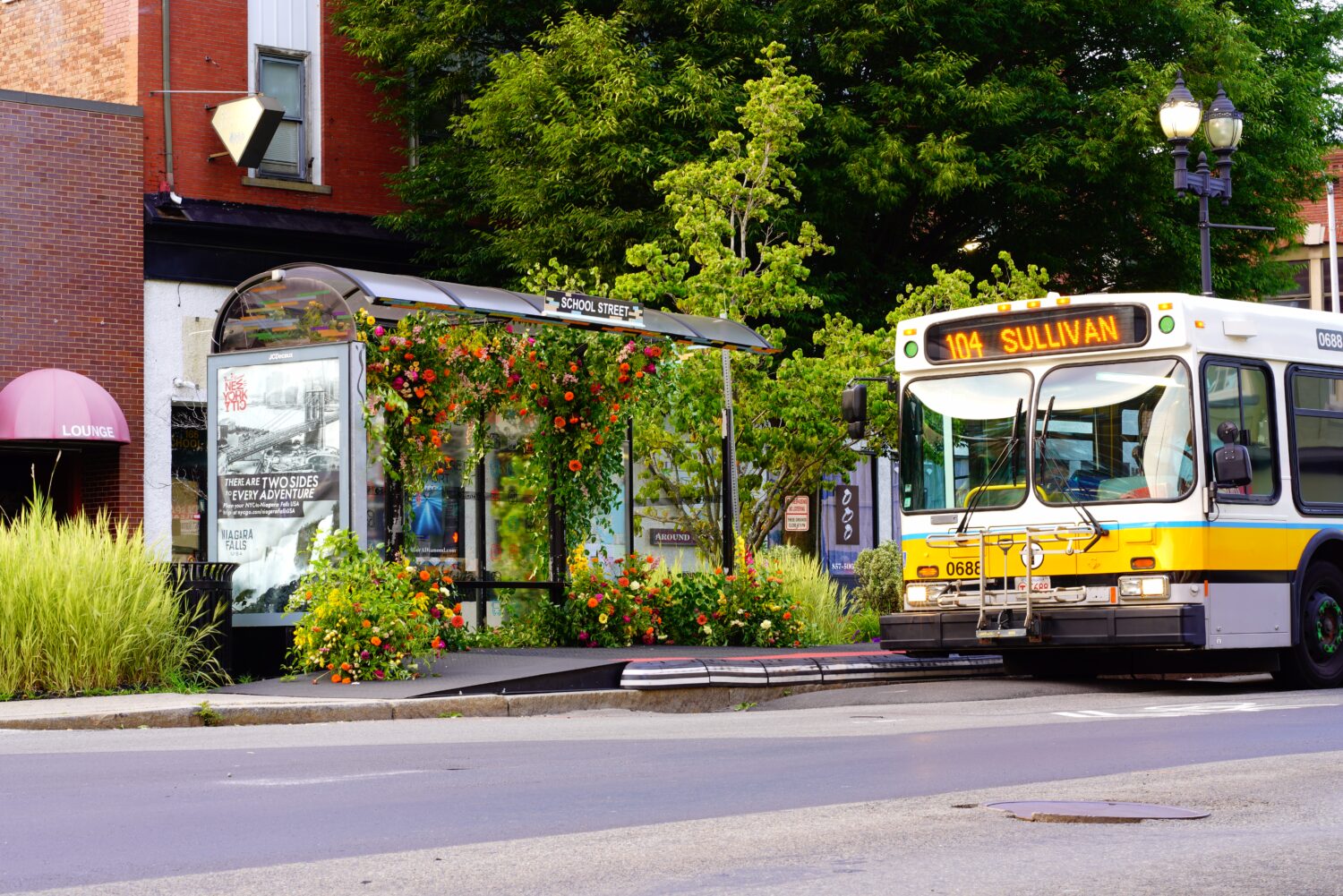At the Barr Foundation, many of our longest partnerships are with community-based organizations, some of which are led by people of color. Grounded in our belief that solutions reside with those we serve, we invest in leaders who drive change from the bottom up. This funding approach is inspired not only by an attentiveness to diversity, equity, and inclusion, but also by a conviction that diversity in our funding portfolio is an imperative for impact.
I recently had the opportunity to explore these ideas in a webinar titled “Diversifying Your Portfolio: Funding Through the Lens of Racial Equity and Social Justice.” The webinar was sponsored by Biodiversity Funders Group and Environmental Grantmakers Association, and was part of InDEEP a professional development series for environmental philanthropy practitioners. I was joined by Community Labor United executive director, Darlene Lombos, who is a member of the newest class of Barr Fellows, and whose organization Barr has been supporting for over a decade. The following is adapted from my remarks, in conversation with Darlene.
Community Labor United brings together some of the strongest base-building community organizations and unions to build strategic campaigns to protect and promote the interests of low- and middle-income working families in the region. When Barr started funding the organization, we still had a very broad environmental sustainability program, with one line of funding directly targeted towards environmental justice.
In 2010, Barr made a shift to focus on climate change, and my piece of the portfolio became clean energy. While we no longer describe environmental justice as a standalone funding area, I continue to see an important role for organizations like Community Labor United. The transition to a clean energy economy requires broad public support, including diverse voices from across varied communities that work to ensure that all communities benefit from clean energy. Just as important is the consideration that groups like Community Labor United have the experience and credibility necessary to reach decision makers across the state.
Barr’s first grant to Community Labor United under its new climate strategy was for planning that ultimately helped catalyze the Green Justice Coalition, a network of community-based organizations that work together to build a broader base of support for a sustainable and equitable clean energy economy.
Through its effective campaign and constituency-building skills, the Green Justice Coalition was able to cultivate broader support for clean energy policies both at the state level and local levels. It successfully worked to expand access to energy efficiency programs, and improve wages and conditions for workers, earning the respect of the energy industry as well as policymakers. Green Justice Coalition members have led efforts to replace coal powered plants with clean energy, and organized local ordinances to fix gas leaks and implement community choice energy. The Green Justice Coalition has also been instrumental in engaging African American and Latino elected officials to support clean energy solutions.
In reflecting on this longstanding partnership, I offer four key takeaways:
1. Broadening a grant portfolio to invest in community-based organizations allows you to access the talent, networks and leadership needed to achieve important wins. We have been able to achieve key policy outcomes because of the leadership–and engaged membership–of frontline organizations.
2. Progress depends on taking a long-term view, investing for the long term, and being patient. Coalitions take time to organize, especially those that are committed to building power and leadership in the community and ensuring that community voices are authentically represented. All of this work–the education, the consensus building, the development of strategies–take time.Therefore, the funding cannot be episodic. We need to recognize the importance of investing over several years regardless of what the “campaign” is, in order to build a durable movement that can work on a range of issues.
3. Know that circumstances and needs will change, and be responsive. There was a period when the coalition struggled to take advantage of opportunities to exercise its collective power. Because of the trust we had built, we were able to work together to pinpoint the challenges, and provided support to help the Green Justice Coalition refocus its strategy from the bottom up.
4. Demonstrate that community-based leadership and engagement are critical to impact. Green Justice Coalition members are now leaders on clean energy and the climate field writ large, and have played a vital role advancing clean energy policies. Their presence in the debate has also spurred collaborations across the sector, resulting in other organizations recognizing the importance of diversity, equity, and inclusion to their own agendas. While it is heartening to see these positive changes, the field–including funders–still has a long way to go in making diversity, equity, and inclusion a priority. In the years ahead, I will look for ways to help move this agenda forward.
The current national context of unrelenting policy rollbacks on environmental protections and climate action, along with attacks on immigrants and communities of color, presents a very challenging environment for many nonprofits. Now, more than ever, we must demonstrate and increase our commitment to the principles of inclusion, equity, and opportunity through our grantmaking, and in the other ways that we support all of our partners.




